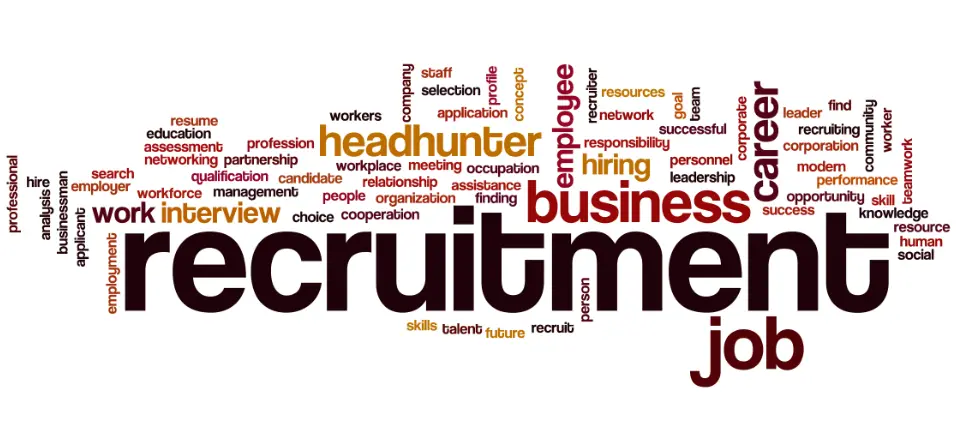Emotional Intelligence & Empathy: Elevating Workplace Success!
In today’s corporate environment, technical skills might get you hired, but emotional intelligence (EI) will make you thrive. EI is more than just a buzzword; it’s about recognizing, understanding, and managing both your emotions and the emotions of those around you.
Emotional Intelligence is the X-Factor
Emotional Intelligence is about:
- Self-Awareness: Knowing what we feel and why we feel that way.
- Self-Regulation: Managing distressing emotions and channeling positive ones to achieve goals.
- Empathy: Understanding others’ emotions to build strong and effective relationships.
Think about how you respond when a colleague makes a mistake or when faced with tight deadlines. Do you react impulsively, or are you able to manage your emotions calmly?
The Impact of Amygdala Hijack
Have you ever lost your cool during a meeting, or lashed out at a colleague under stress? That’s Amygdala Hijack. When your emotional brain takes over rational thought. Learning to manage this is crucial for maintaining professionalism and ensuring our actions align with our goals.
Example of Amygdala Hijack: Imagine you’re in a team meeting and a colleague criticizes your work in front of others. In that moment, your emotions take over, and you react defensively; maybe even raise your voice or make a sarcastic remark. This emotional reaction not only damages your relationship with that colleague but also impacts how others perceive your ability to handle criticism. Such impulsive responses can create rifts in teamwork and erode trust over time.
To tackle this, we can use the STOPP Model:
- S: Stop and give yourself a pause.
- T: Take a deep breath.
- O: Observe your thoughts and feelings.
- P: Pull back and gain perspective.
- P: Practice what works – respond thoughtfully.
Amygdala Leakage: The Hidden Barrier
Another common emotional challenge in professional life is Amygdala Leakage. This occurs when past emotional experiences unconsciously influence our current interactions, leading to distorted perceptions.
Example of Amygdala Leakage: Suppose you had a negative experience with a past manager who was overly critical and micromanaged you. Now, you have a new manager who gives you constructive feedback, but because of your past experience, you perceive it as micromanaging and feel anxious or defensive. This leakage of past emotions into the present distorts your perception, preventing you from building a positive relationship with your new manager and benefiting from their feedback.
Recognizing when emotional memories are affecting your present is crucial to prevent miscommunication and to ensure you’re giving others a fair chance.
Emotional Bank Account
Relationships at work are like a bank account; you have deposits (positive actions) and withdrawals (negative actions):
- Deposits: Listening actively, keeping promises, and showing respect.
- Withdrawals: Breaking promises, being dismissive, or showing disrespect.
For every negative interaction, it may take five positive interactions to offset the damage done. Consistent deposits build strong emotional relationships, fostering trust, teamwork, and collaboration.
Empathy: The Game Changer
Empathy is more than just feeling sorry for someone; it’s about understanding what they feel and responding with compassion. At work, this could mean:
- Understanding the stress of a team member struggling with a task and offering support.
- Being considerate of others’ perspectives during a heated discussion.
Cognitive Empathy helps you see things from others’ viewpoints.
Emotional Empathy helps builds connection.
Empathic Concern motivates you to take action to help.
Application of EI in Corporate Scenarios
Emotional intelligence can completely transform how we interact at work:
- Handling Stressful Deadlines: EI helps you remain calm, communicate effectively, and ensure a positive outcome.
- Team Meetings: Staying composed rather than reacting defensively encourages more open and creative discussions.
- Giving Feedback: Providing constructive feedback with empathy makes the recipient feel valued and motivated to improve.
In every role, emotional intelligence helps create a more collaborative, resilient, and motivated team. It enhances decision-making, strengthens relationships, and fosters a culture of support and growth.
Are you ready to invest in your emotional bank account and elevate your workplace experience? Let’s build a workplace where we don’t just work together – we grow together!


